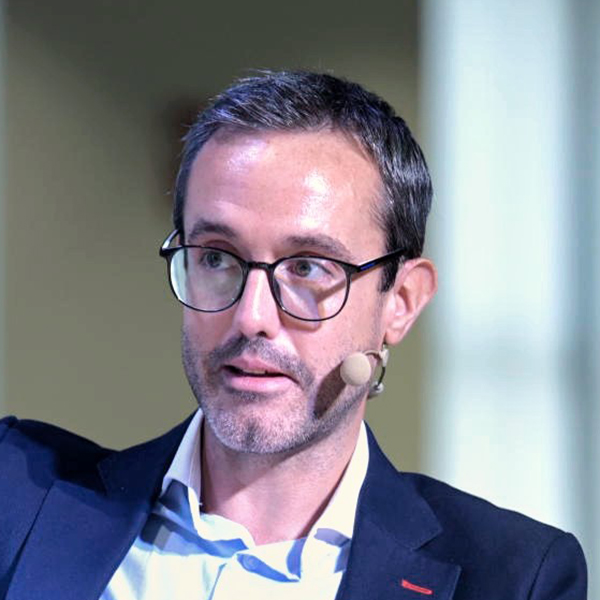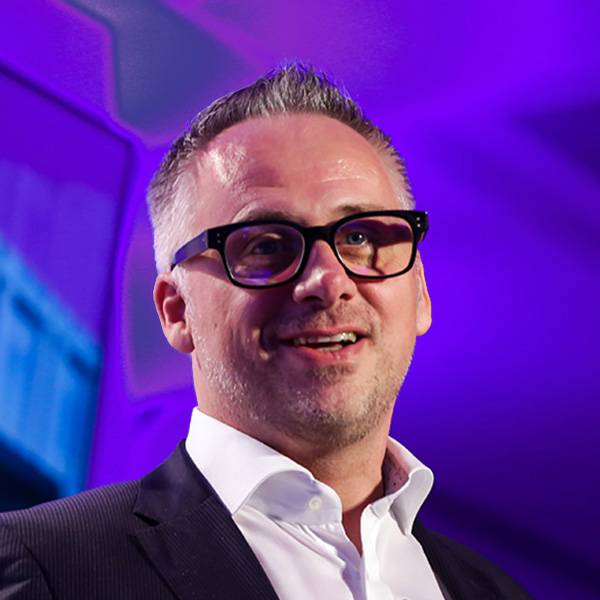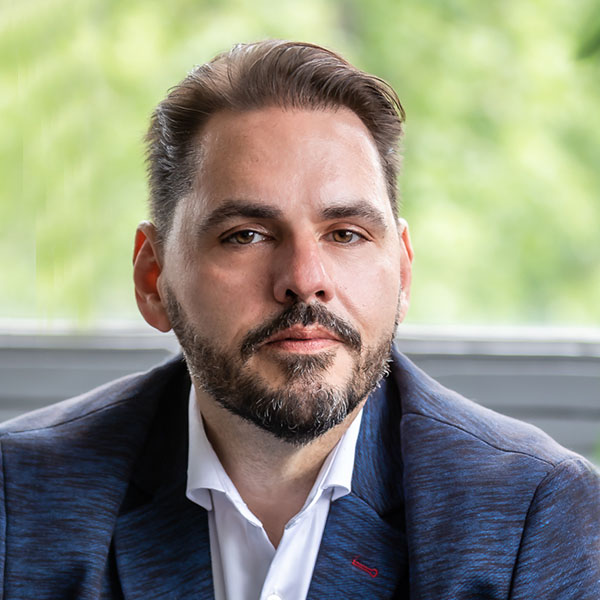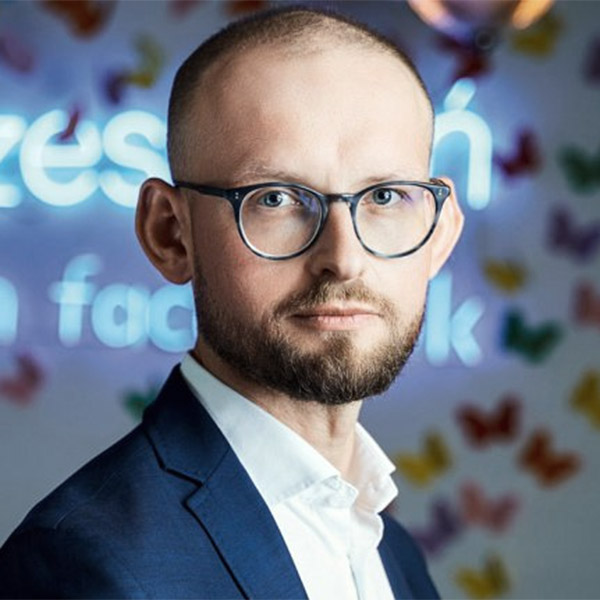Responsible AI in Digital Platforms, Telco & Media AI Regulation, Ethics and Governance
Panel Discussion #1
Highlights from the 2024 Humans in Charge Symposium
How can major global companies innovate responsibly in the age of artificial intelligence (AI)? This pressing question took center stage at the 2024 Humans in Charge symposium, where moderator Krisztina Bombera led a lively discussion with Jakub Turowski (Meta), Erik Slooten (EY), Adrián Gonzalez Sanchez (Microsoft), and George Tilesch. The panel delved into how regulations, corporate values, and emerging technologies can harmonize to ensure AI remains ethically and transparently deployed, especially in Europe’s complex regulatory environment.
Balancing Innovation and Compliance
Kicking off the conversation, Turowski emphasized that while Meta fully accepts the need for robust AI regulations, there is a critical desire for predictability and consistency across European markets. He underscored that Europe’s “tsunami of digital regulations” has created uncertainty for launching new AI products—something that could hamper competitiveness. Echoing this sentiment, Slooten suggested that having clarity on regulatory frameworks is vital but urged companies not to wait passively for final guidelines. In his view, organizations must take proactive measures by aligning AI development with their core ethical principles, maintaining transparency with consumers, and educating boards and leaders on the technology’s broader impact.
The Need for Clear Guidelines
From Microsoft’s perspective, Gonzalez Sanchez highlighted that large-scale AI projects require strong internal processes—such as impact assessments, governance checkpoints, and ‘responsibility champions’—to identify risks early. However, he acknowledged that many firms are still grappling with basic questions of accountability. Gonzalez Sanchez stressed that if done right, transparent and well-communicated regulations can become a selling point, attracting investors wary of unvetted AI innovations.
Turowski added that the heart of the problem is not regulation itself but how it is interpreted and enforced. He described a scenario where Meta had been waiting for months for a clear European verdict on whether it could train large language models using publicly available user data. Without an open exchange and defined guidelines, ambitious AI efforts risk stalling, leaving Europe lagging behind in AI-driven breakthroughs.
Tackling Deepfakes and Content Integrity
A particularly urgent topic was how to address deepfakes and other potential misinformation threats, particularly in high-stakes contexts like elections. Turowski outlined Meta’s recent progress in watermarking AI-generated content and investing in detection technologies, while also conceding that “there is no silver bullet” in a global arms race against sophisticated bad actors. Gonzalez Sanchez agreed, pointing out that the defensive approach must begin before content is generated, with robust checks on voice-replication tools and avatars. Slooten meanwhile urged the industry to remain vigilant, given that some actors—whether based in non-European markets or otherwise unconstrained—might not adopt any watermarking standards at all.
Looking Ahead
Despite the complexity, the panel struck an optimistic note on Europe’s potential for responsible AI leadership, provided that collaboration between governments, companies, and civic institutions deepens. “We want these regulations,” Turowski stated, “but they need to be future-proof and consistently applied.” Slooten emphasized that responsible AI goes beyond legal compliance: it should be woven into every aspect of a company’s culture, product design, and workforce strategy.
In the end, the panelists shared a unanimous stance: AI’s transformative power can—and should—be harnessed in a human-centric way. By striving for clarity, embracing transparency, and aligning with ethical values, Europe can promote innovation without forsaking the public trust. The 2024 Humans in Charge symposium thus showcased a critical juncture: facing the rapid evolution of AI, companies and regulators alike stand poised to forge a path that safeguards both progress and responsibility.



